Sensitive content
This site contains sensitive content that includes references to sexual violence.
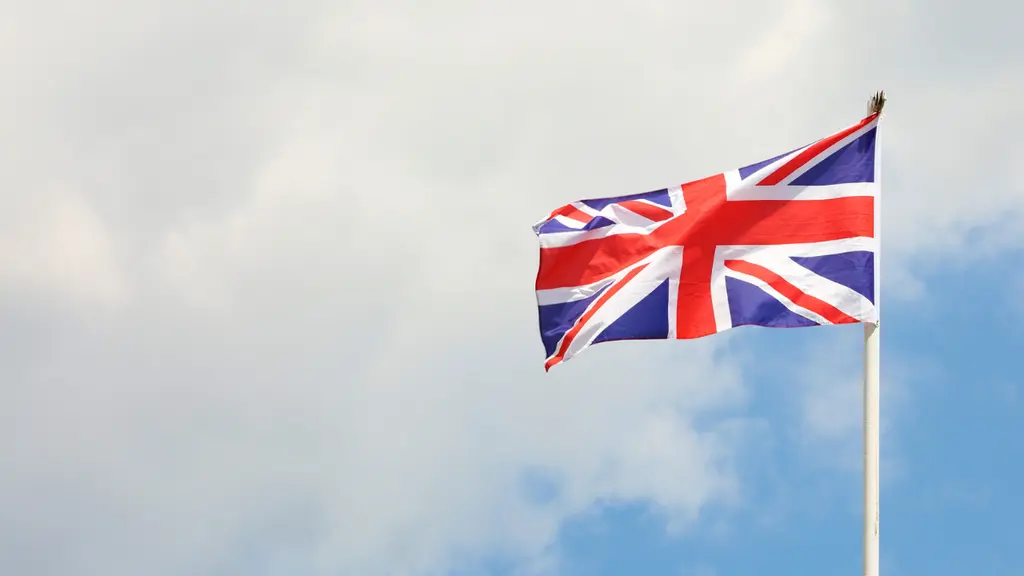
The UK is the best performer among G7 countries and is spearheading international efforts to end online sexual violence.
The UK's financial commitment to child protection is deteriorating on multiple fronts. Its already insufficient ODA commitment of 0.5% will plummet to just 0.3% by 2027 following drastic cuts announced in February 2025 (1), while its inadequate UNICEF contribution of USD 5.61 per capita falls well short of what's needed (2). This retreat from global funding responsibilities threatens services for children worldwide. The UK’s financial support to the global fund for online safety is recognised and welcomed.
The UK is one of the few G7 countries that has abolished criminal statutes of limitations in relation to childhood sexual violence (3).
The UK has established itself as a pioneer in online safety regulation, with its 2023 Online Safety Act creating a duty of care for online platforms, requiring them to take swift action against child sexual abuse material (CSAM) (4). In April 2025, Ofcom announced new measures developed in consultation with children and parents, requiring tech firms to take action by July 2025. Measures include improved age verification systems, faster content removal processes and penalties including possible shutdown for non-compliance (5). The UK is also introducing specific AI sexual abuse offences through the Crime and Policing Bill undergoing Parliamentary review (6). According to IWF data, 287 URLs displaying childhood sexual abuse imagery were hosted in the UK in 2023, a decrease of 55% from 2022 (7). The UK also spearheads international online safety efforts, including within G7 processes, and supports the global fund (Safe Online), and the WeProtect Global Alliance, focused on online safety.
The UK is establishing mechanisms to engage with survivors, with plans underway to create a National Survivors Council. The work is being informed and advised by survivors and allies, based around best practices when it comes to survivor engagement and trauma informed approaches.
The UK’s fragmented approach to national action plans creates protection and support gaps across regions. While devolved governments are showing signs of progress, as with Northern Ireland’s promising 2024-2031 Domestic and Sexual Abuse Strategy, the UK lacks a comprehensive nationwide framework that ensures equitable protection for all children regardless of national boundaries (8).
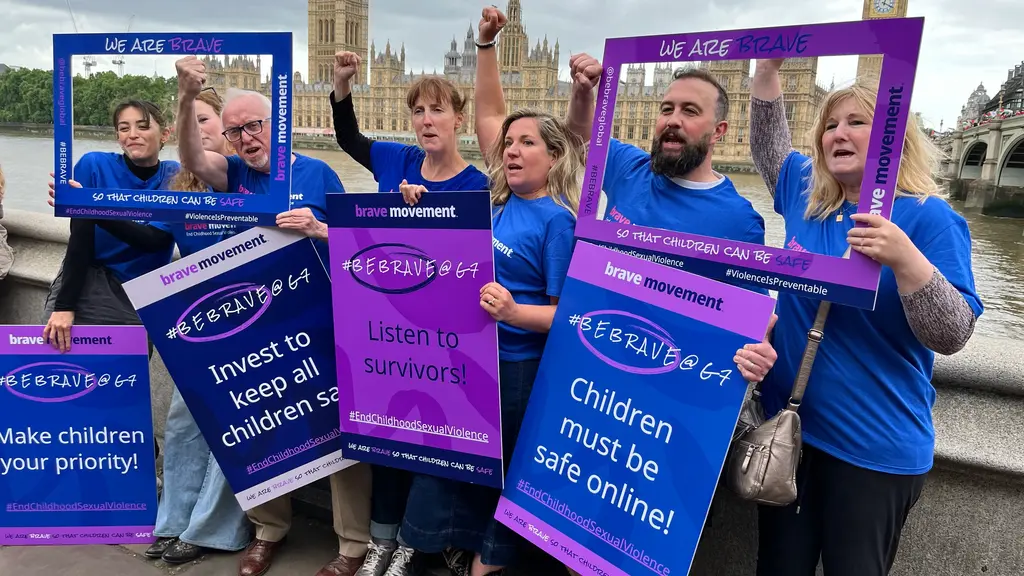
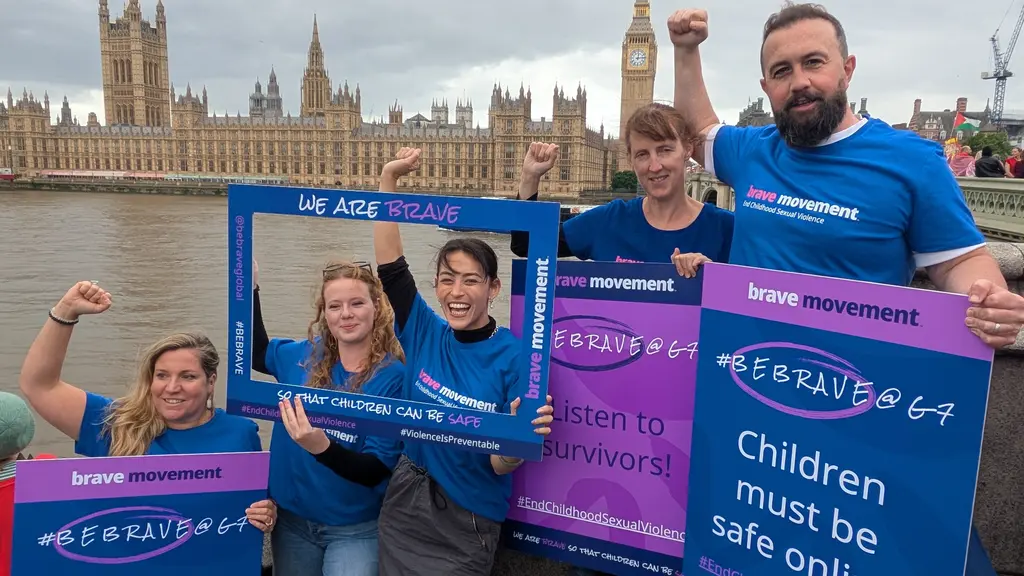
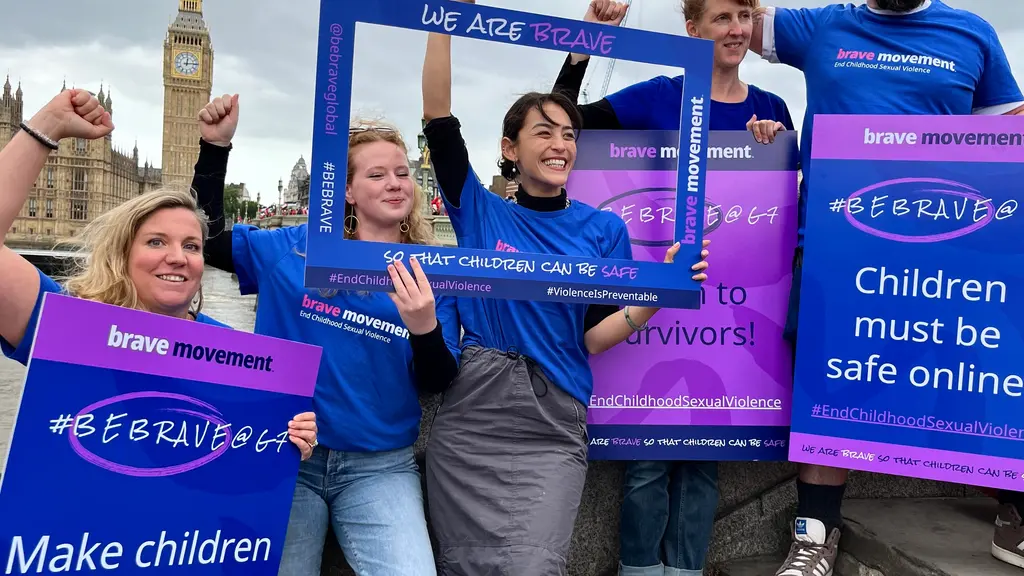
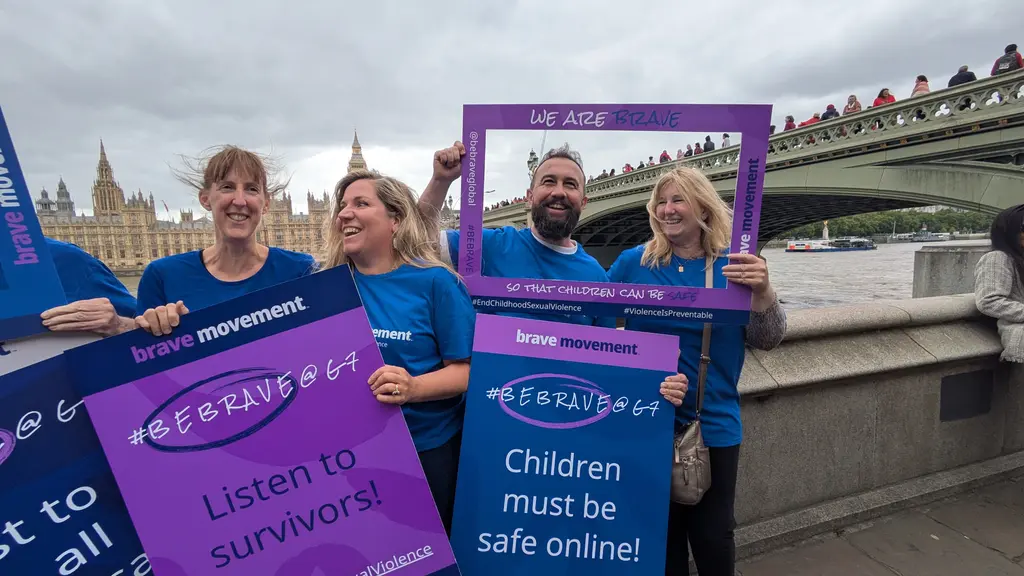
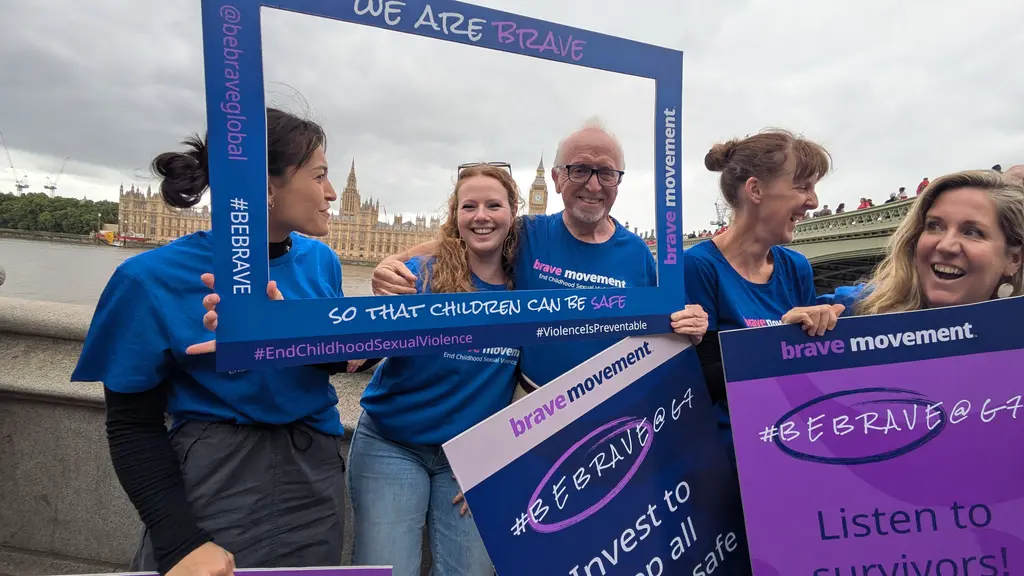

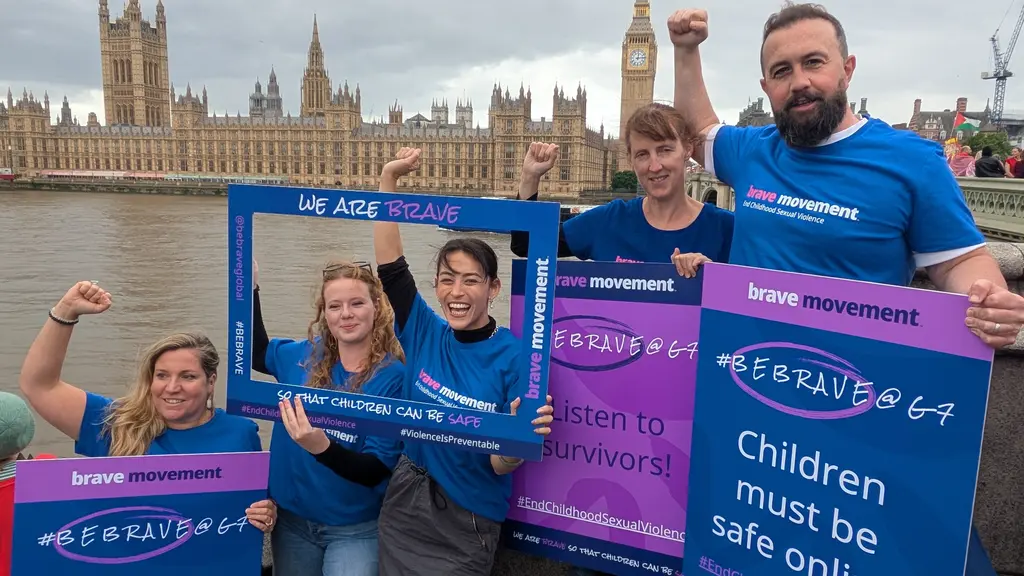

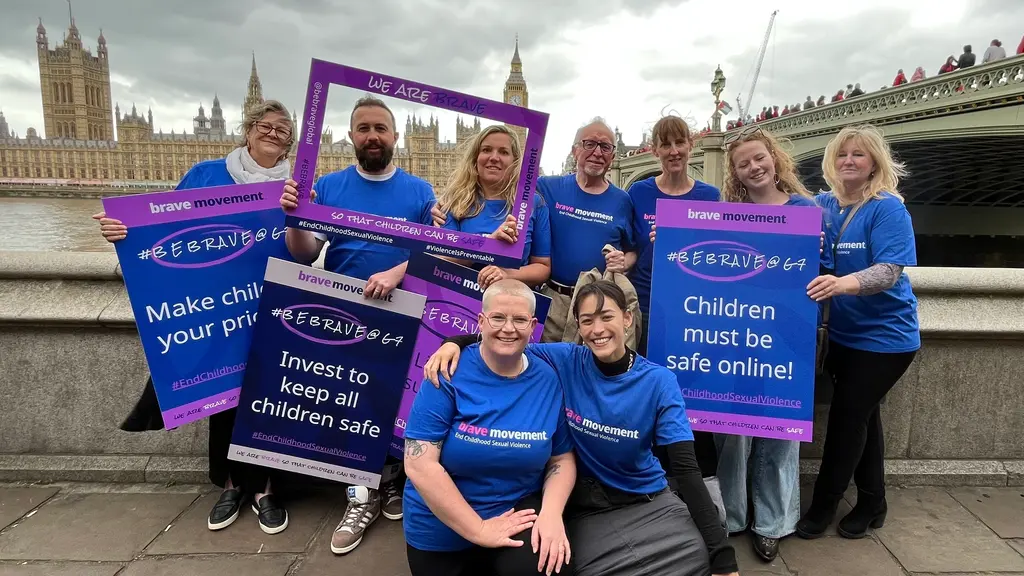

Seven of the richest nations do not have a complete national action plan - that includes prevention, healing and justice - to address childhood sex abuse
June 5, 2025
|
Having grown up in the digital age, young people often understand the online world better than anyone else. For real change to happen, we must recognize a critical issue: discussions about online safety for young people often occur without their direct input. We must address our perspectives on the need for more education, stricter regulations, and the inclusion of young voices in online safety discussions. Young people have grown up surrounded by digital technology, and their understanding of the online world often surpasses that of older generations. It is essential that young people are included in conversations about internet safety and that their voices are heard. There have been ample discussions about what needs to be done for young people to be safe online without including any of them. Stronger regulations, improved age verification, and the inclusion of young voices in discussions about online safety are all essential steps toward protecting young people in the digital world. By increasing awareness, implementing better safety measures, and encouraging cooperation between tech companies, law enforcement, and parents, we can help make the online world safer for children. Governments must ensure that moment through their pledges; the right people are at the table and ready to take bold action to keep children safe online.
November 20, 2024
|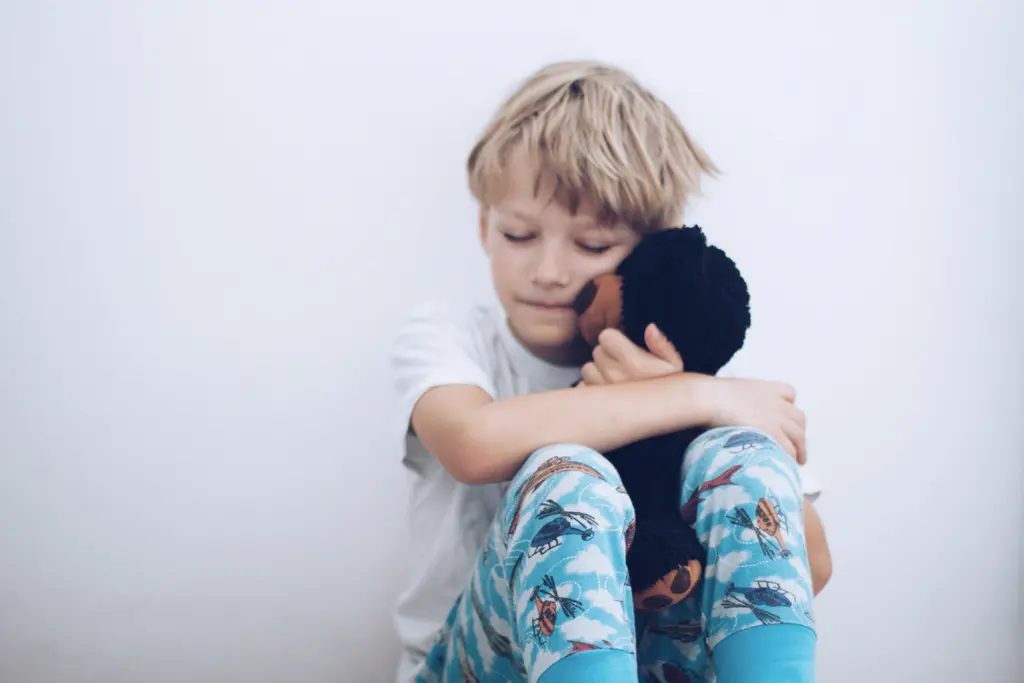
There is no limit to the long-lasting impacts of online child sex abuse. Though significant efforts have been made globally to enact legislation on online child sexual abuse material, the meaningful integration of survivors’ lived experiences is critical to creating a holistic approach to end this global scourge. I was a victim of technology-assisted child sexual abuse when I was 13. I was manipulated into sending one topless image, and that image was used to blackmail me for more images, more videos, and then for my address, the perpetrator came to my home the following morning and committed sexual violence in person, and took more images. An example of a great solution to address technology-facilitated childhood sexual violence is the Model National Response by the WeProtect Global Alliance , in partnership with UNICEF. Some of those officers didn't understand that if you are the officer that's seen that child's image, then that child is not going to talk to you. So we helped them to implement a simple solution: If you've not seen that image, you tell the child upfront, “Don't worry, I've not seen it.” If you have seen it, then you do not speak to that child and instead another officer will conduct the conversation. A resource was also created specifically for those children who are identified in child sexual abuse images. We have seen children being blamed for taking an image consensually and sharing that with their boyfriend or girlfriend. However, we’ve seen children who have been threatened with criminalisation for those images. The Model National Response guides the coordination of national efforts that is critical in delivering a holistic response to online child sexual exploitation and abuse. However, challenges have included private sector participation, weak governance bodies, limited political will to address online child sexual exploitation and abuse, and an entrenched, artificial divide between online and offline child sexual exploitation and abuse.
November 28, 2024
|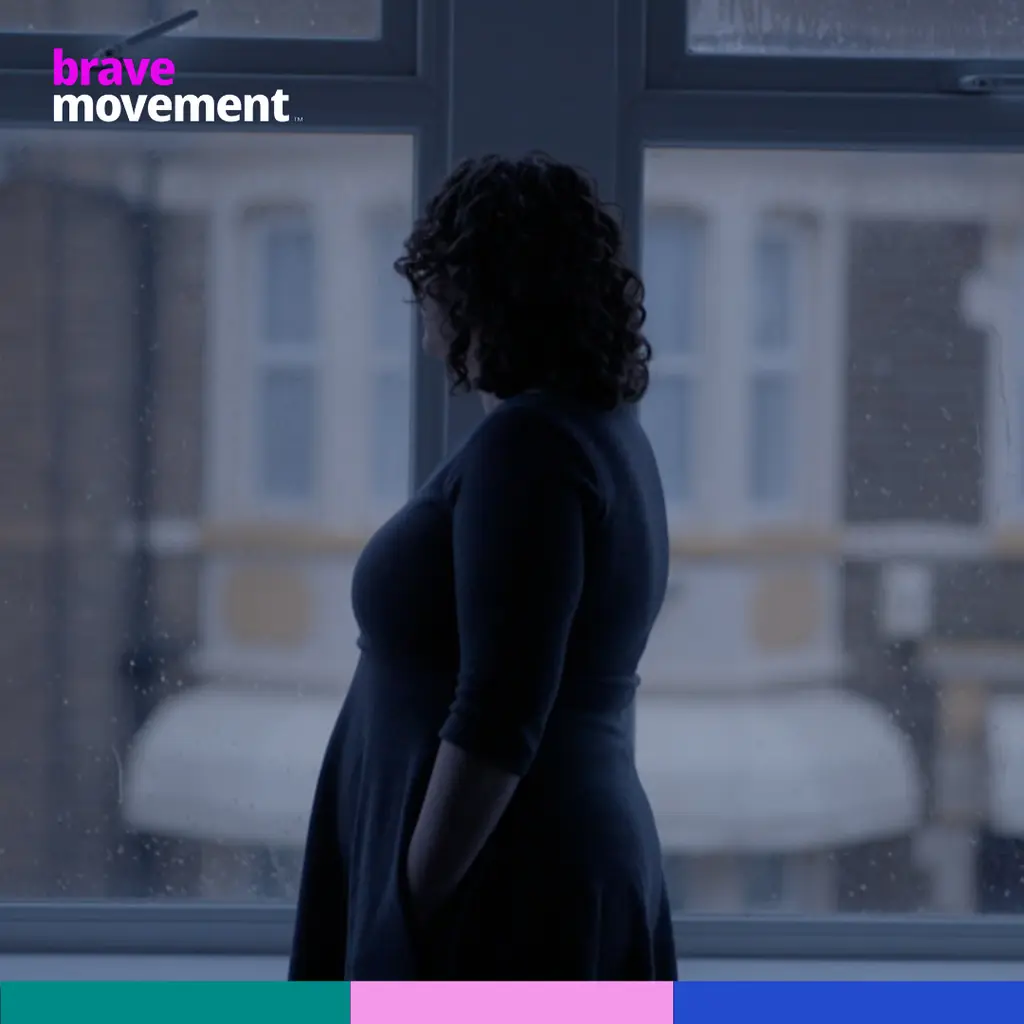
I am a survivor of technology-assisted child sexual abuse. When I was 13 years old, I was groomed online by a much older man pretending to be someone else.
July 25, 2024
|
